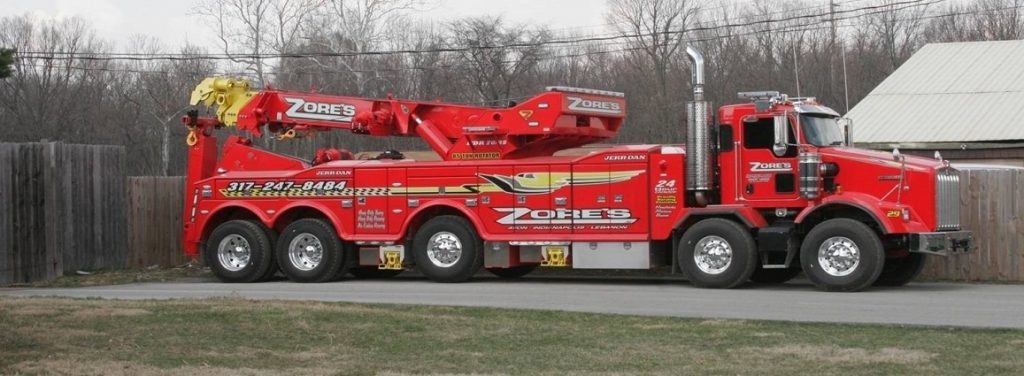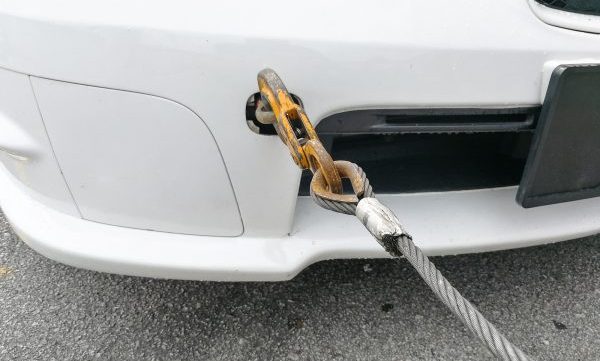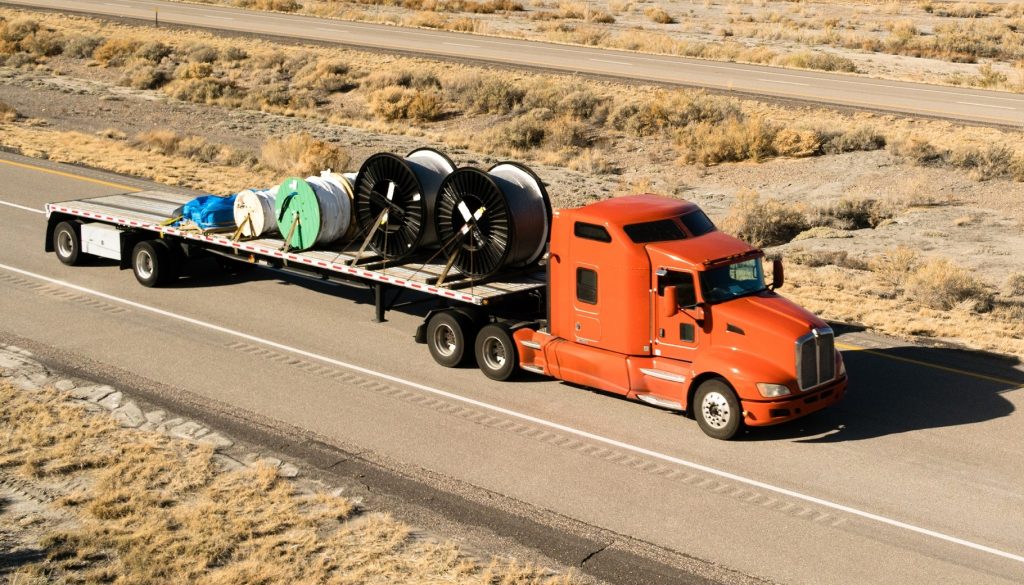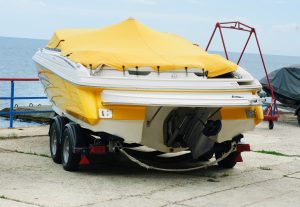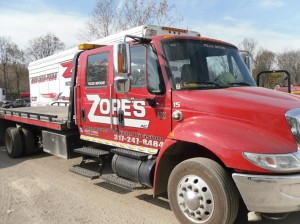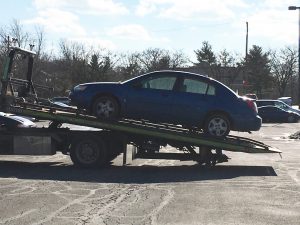If you have a hitch-mounted wheelchair or scooter lift that you wish to install on a vehicle, it is not recommended to use it with a trailer hitch adapter. There are many hazards that can arise from this arrangement, such as asset damage, vehicular damage, and even traffic accidents. Continue reading to learn why you should not pair a hitch-mounted carrier with a trailer hitch adapter, and what you can do instead for optimal safety and performance.

Why It Won’t Work
Why should you not use your hitch-mounted carrier with a trailer hitch adapter? Well, hitch receivers with a 1¼ inch opening are not designed with the proper tongue weight capacity to support the total weight of the carrier and the asset it is holding. For this reason, it is vital that you are fully aware of your vehicle’s limitations before you choose a particular carrier or lift.
Keep in mind, if you were to use your hitch-mounted carrier with a trailer hitch adapter, you are literally cutting your tongue weight capacity in half. For this reason, this combination should only be used on vehicles with stiff suspensions, such as full-size pickup trucks, truck-style SUVs, and large vans.
Hitch Class Ratings and Tongue Weight
Most often, cars and minivans have Class 1 or 2 hitches, while trucks and sports utility vehicles usually have Class 3, 4, or 5 hitches. Knowing your vehicle’s tongue weight, hitch class, and rating is an essential part of safely using a wheelchair or scooter lift. Usually, such lifts require at least a Class 3 hitch rating. How do you find your vehicle’s hitch class? Simply refer to the manufacturer label on the trailer hitch. If it is an old lift and the label is not clear, you can also measure the opening yourself.
As for tongue weight, see our blog, “A Brief Explanation of Tongue Weight (TW)” to learn what you need to know. Basically, tongue weight is the downward force that is applied onto a vehicle’s trailer hitch. In terms of a wheelchair/scooter lift, the tongue weight is measured by adding the total weight of the lift and the asset, together. Beware, an improper setup can lead to your carrier and asset bending downward toward the road and breaking off the trailer hitch.
Refer to your vehicle’s owners’ manual for manufacturer’s recommended tongue weight. If you cannot locate your manual, you can look up these values online, or you can adhere to the general rule of thumb, which is that your tongue weight should not exceed 10% of your gross trailer weight. See our blog, “A Review of Gross Vehicle Weight Ratings” to learn how to measure your vehicle’s gross weight rating, and how to apply it with your carrier.
Alternatives and Tips
Aside from hitch classes, tongue weight, and gross weight ratings, is also important to pay attention to the height of the hitch. Lower hitch heights can put your carrier at risk of scraping against sidewalks, curbs, and driveways. To avoid this, be sure to install a hitch height adapter. If you have not yet purchased a wheelchair/scooter carrier, start by measuring your wheelchair or scooter dimensions. Measure the length and width (from the outside tires), as well as the total weight of the asset, including the battery and any accessories (ramps, straps, etc.).
Indianapolis Towing Professionals
Call Zore’s Towing at 317-247-8484 for safe and affordable Indianapolis tow truck and roadside services you can trust. Our licensed and insured towing operators provide punctual and prompt tow truck services, 24 hours a day and 7 days a week! We also provide numerous community services, roadside assistance services, wrecker and recovery services, and much more. Call 317-247-8484 to request a free estimate, anytime!
